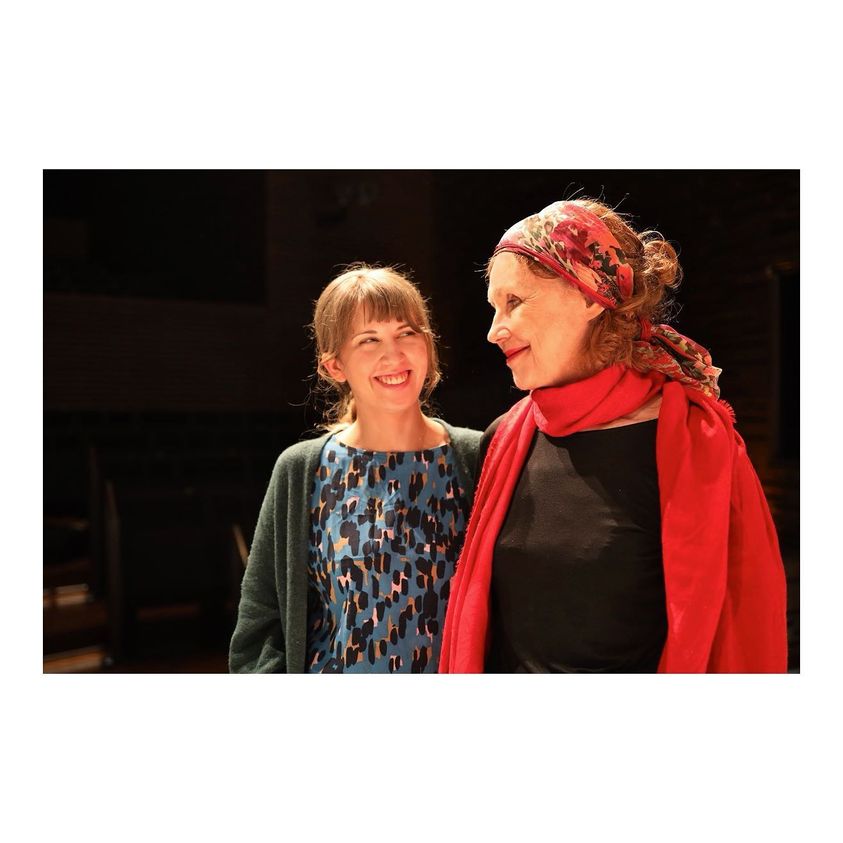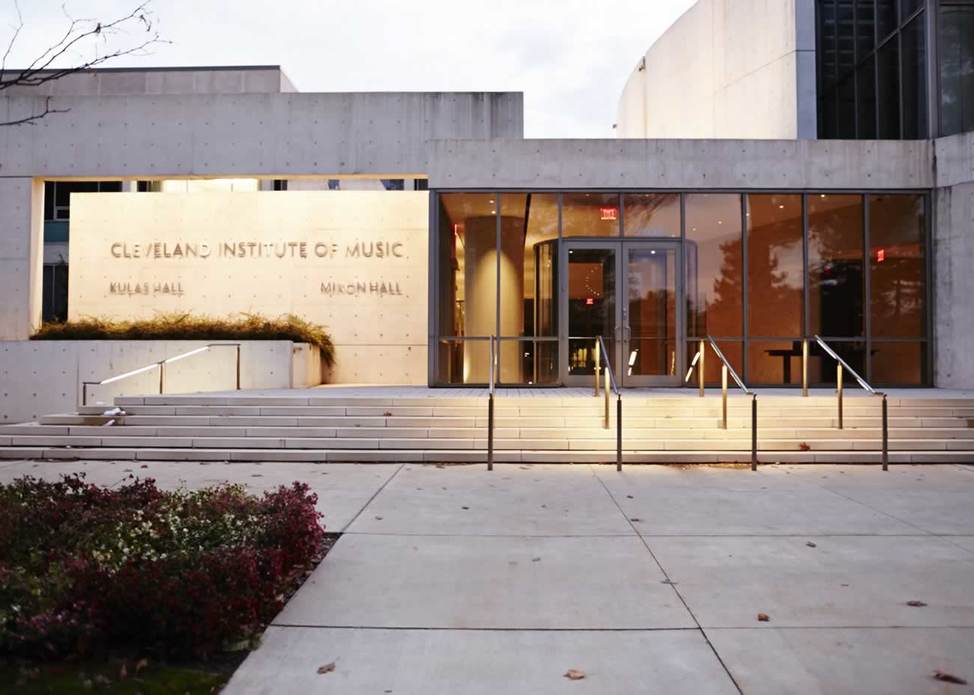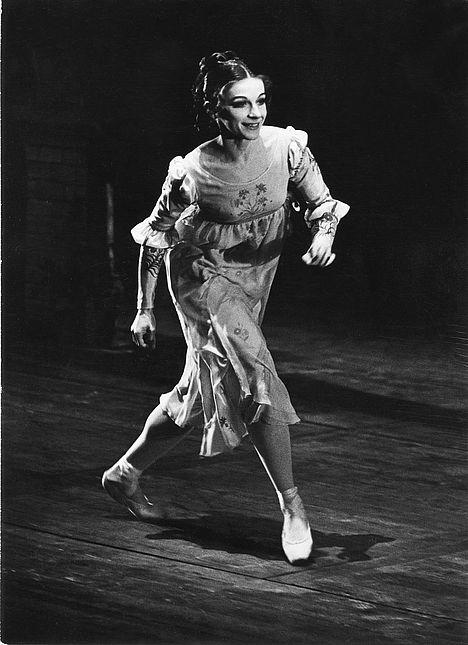Kaija Saariaho is represented by her daughter
NewsThe Finnish composer was yesterday awarded the rare title Academician by the president of her country. The title is limited to 11 living persons in the arts.
Kaija posted on her social media:
For health reasons, Kaija could not herself attend the ceremony, but her daughter, the conductor Aliisa Neige Barrière, represented her and read Kaija’s acceptance speech below:
“Dear Mr. President,
Dear Minister of Culture Petri Honkonen,
Dear colleagues and academicians.
It is a great honor to receive this distinction, which is now for the first time since the discontinuation of the Finnish Academy [in 1970] being bestowed upon a composer. For that reason, I understand it as honoring in a special way my field of work and my profession, and find it fitting, in a situation where my health unfortunately doesn’t allow for me to join you, that I am being represented by Aliisa, who is not only my daughter but also a musician of the younger generation.
When I look at our world, ruled as it is by market economy, it is sometimes difficult not to wonder how many new generations of composers will come after me. Finland is a country that has made music the core of its identity, and has risen to international fame precisely thanks to its music. I have myself received a lot of support from the Finnish government: through my education, and later through grants spanning several years – for that I am thankful, and I can only wish the same to my younger colleagues. But I am afraid the golden age I experienced is ending now. In present-day Finland, cultural policies are considered a negligible footnote, that is being managed without the guidance of bigger ideas and abandoned to market forces, if not to the far-right. The belief that people who do what I do are actually doing something important, that its value cannot be measured in power, fame or money, doesn’t seem to belong to conventional political wisdom anymore. That is why this honorary title is an important and rare gesture of recognition.
But to avoid me being Finland’s last composer-academician, many things must change in this country. Everyone has to be given an early possibility to try their hand at art and experience it in its many forms. Everyone has to feel they are welcome to partake in these experiences, and that they have a possibility of making it their profession if they so wish. It is important to teach that not everything’s value can be counted in euros, that not everything’s significance becomes clear in a second or even in a year: this is true of feelings, of forests, and of music. In a world where everyone can easily end up living in their own bubble, entire generations are in danger of closing up, unless we persist, through artistic education and artistic experiences, in ceaselessly opening doors. The same doors through which I myself, as a girl from a small Finnish family, got to access a much broader world, and a position for which I had no role-model as a woman.
My young colleagues, I dedicate this honorary title to you and share it with you. It starts a chain of transmission through which I will remain among you always.
Kaija Saariaho”
photo: Maarit Kytöharju






Speaking of family, perhaps it’s worth noting that Kaija’s husband is Jean-Baptiste Barrière, long associated with Ircam and its former director of Musical Research, Eduation and Production. He has created some of the most interesting computer music to come out of the institution. Interesting family.
From the NYT today about why Finland bas been ranked as the happiest country in the world for six years in a row:
“‘The high quality of life in Finland is deeply rooted in the nation’s welfare system,’ Mr. Kiiski, 47, who lives in Turku, said. ‘It makes people feel safe and secure, to not be left out of society.’
“Public funding for education and the arts, including individual artist grants, gives people like his wife, Hertta, a mixed-media artist, the freedom to pursue their creative passions. ‘It also affects the kind of work that we make, because we don’t have to think of the commercial value of art,’ Ms. Kiiski, 49, said. ‘So what a lot of the artists here make is very experimental.’”
For those interested, I wrote about the effects of unmitigated market economics on the arts 20 years ago in this widely-read article which was published on ArtsJournal.
http://www.osborne-conant.org/arts_funding.htm
She attended the premiere of her fantastic opera Innocence in a wheelchair two years ago,in Aix.I hope it´s nothing serious.
While on tour she tripped on a carpet which resulted in a broken hip. That’s why the wheelchair.